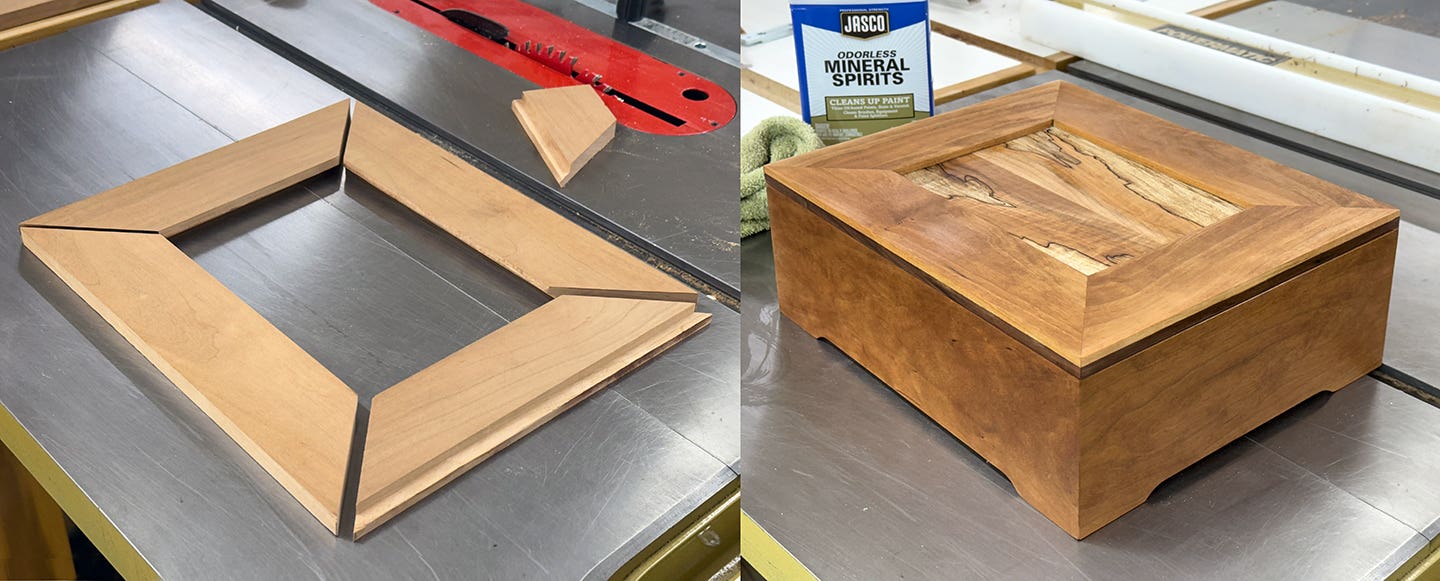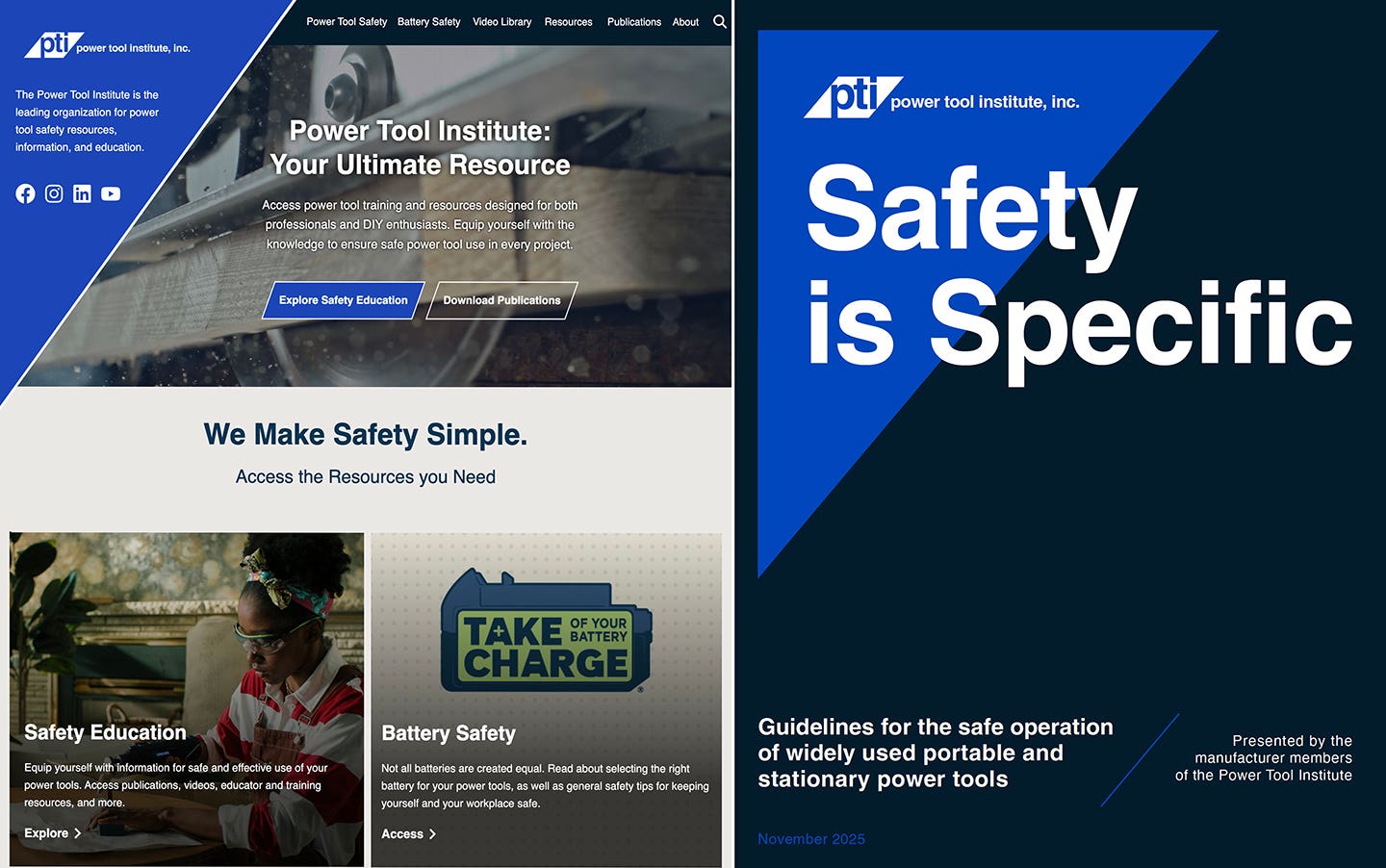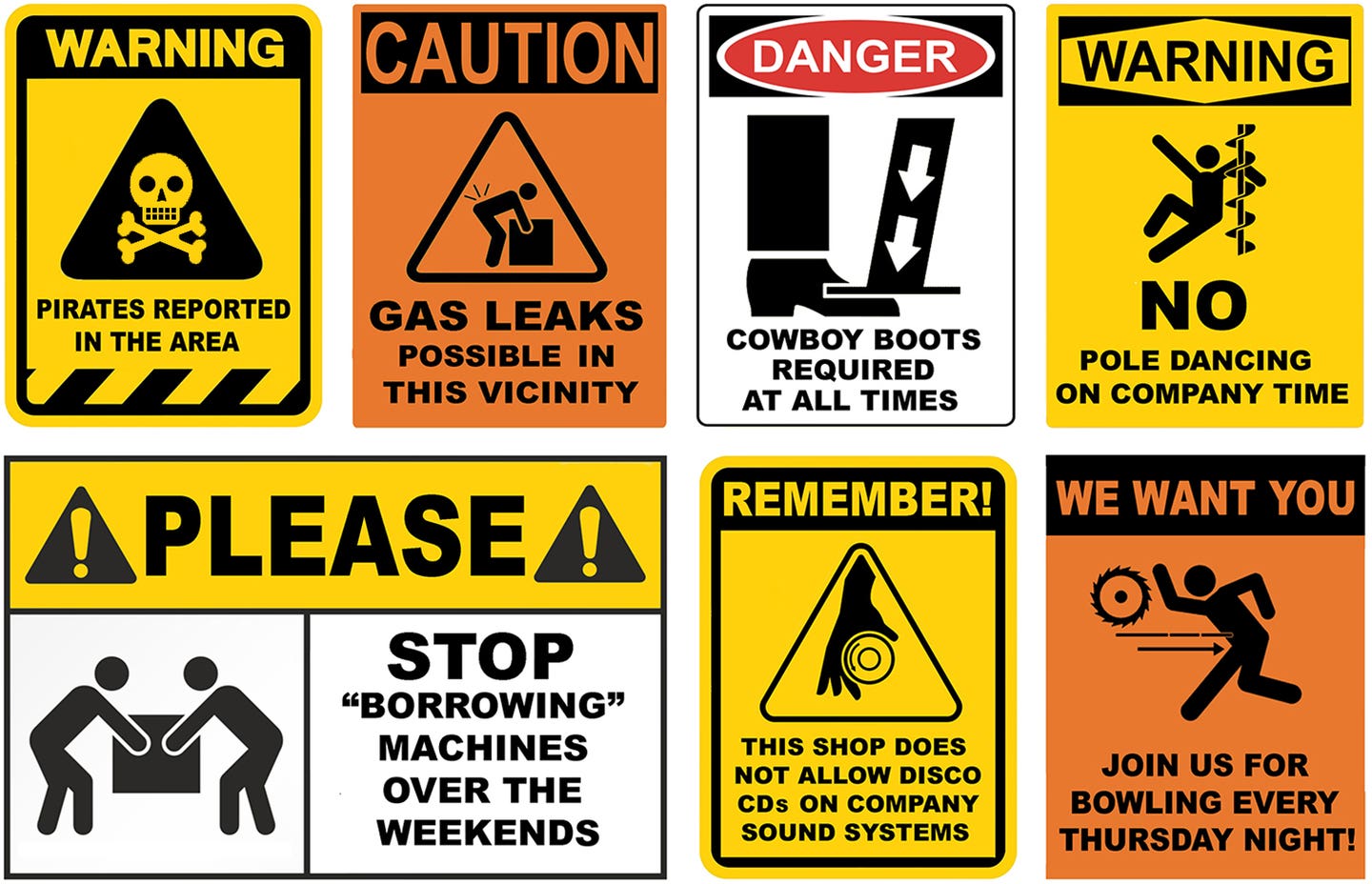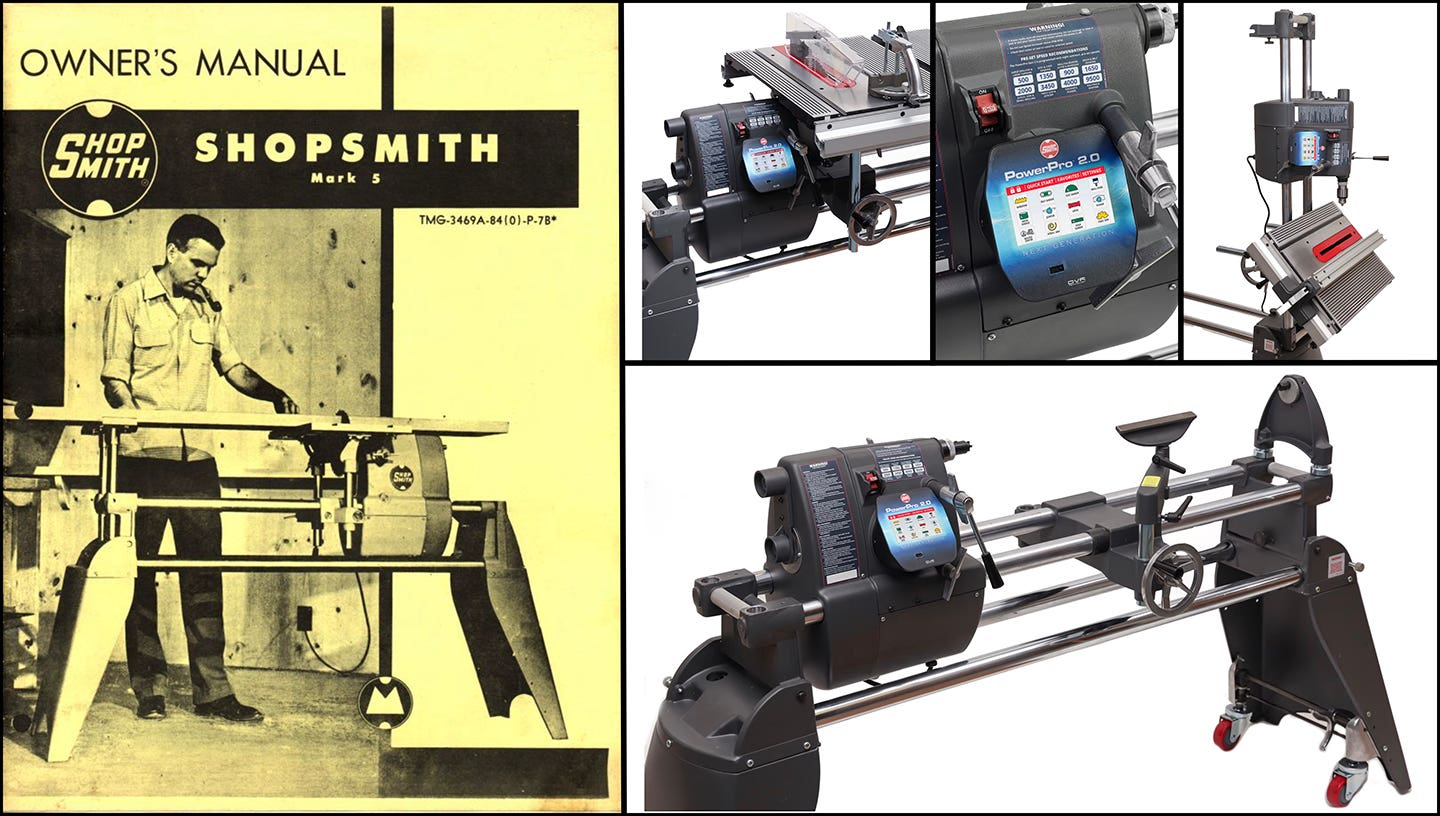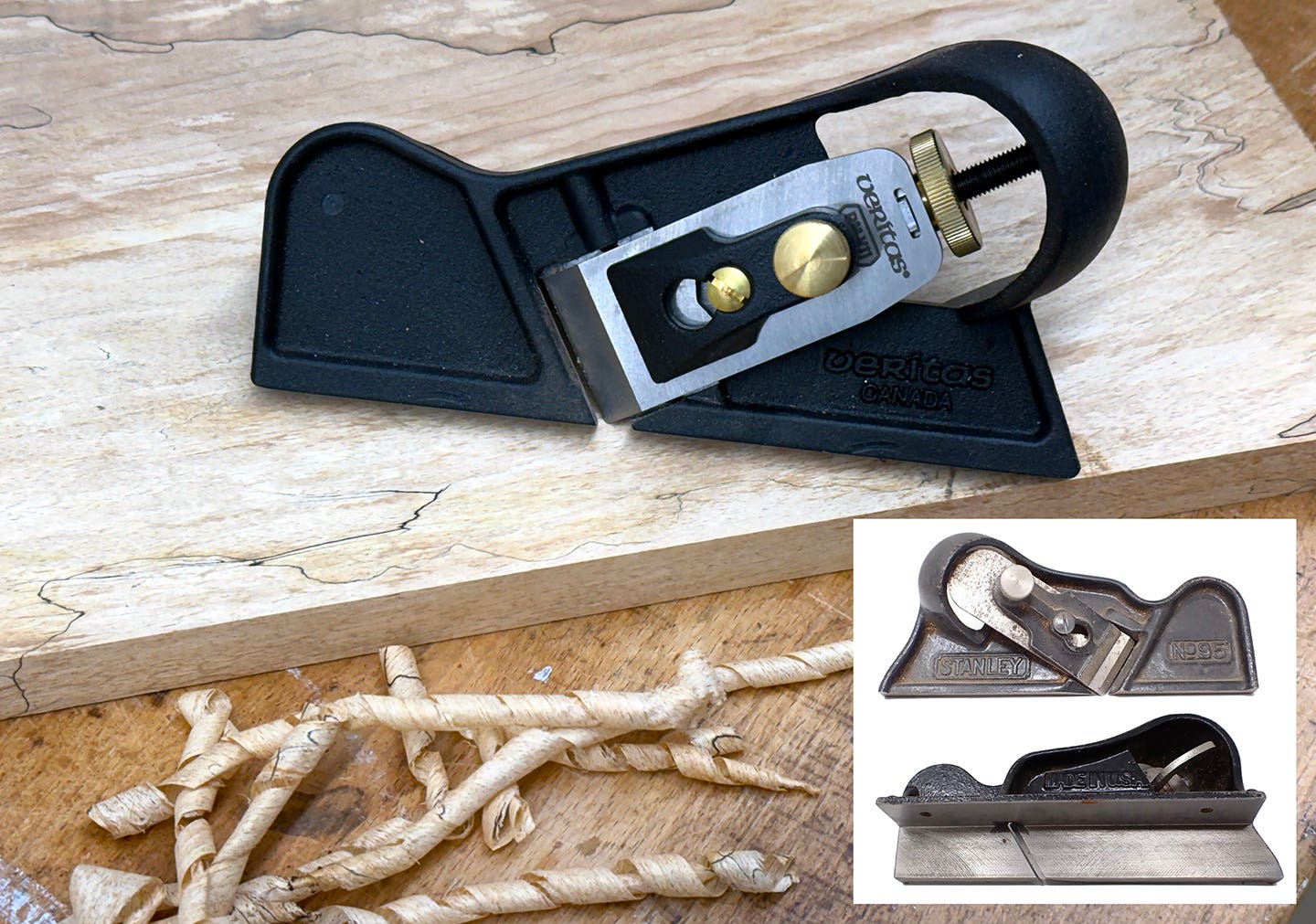Change the perception of yourself
Every occupation, gender and nationality has a stereotype. Like it or not, we live in a society that always has and always will judge people based on some preconceived idea….
Every occupation, gender and nationality has a stereotype. Like it or not, we live in a society that always has and always will judge people based on some preconceived idea.
These ideas might be from personal experience or simple notions that have been passed down from previous generations. It really doesn’t matter if the stereotype is based on fact or fiction, the idea of broad-brushing a group of people based solely on association rather than individual achievement is not fair. In addition, the politically correct climate that surrounds us seems to think we’ve elevated ourselves above grabbing the big brush when evaluating people.
The sad truth is that everyone — and I mean everyone — entertains conceptualized impressions on sectors of society. I think what we need to consider is that these stereotypes might not be such a bad thing after all. Stereotypes carry a negative connotation — and for good reason. But no matter how much we try to legislate them out, stereotypes will still prevail. In large part, this is because it’s how people assess a situation or group with which they don’t have knowledge or experience. So rather than trying to completely eliminate the 1,000-pound gorilla in the room, we simply need to redefine its meaning.
I’ve been involved in the construction and woodworking industry for more than 30 years. I’ve worked for all types of social, economic and business groups. When a tradesperson comes in to do a job, they are going to be stereotyped. Building or remodeling is expensive, makes noise, creates dust and causes disruption for the home or work environment. There’s no way around it; hence the stereotyped contractor. So it should come as no surprise that the tradesperson group is being prejudged from patterns of behavior that have been gestated through many years of exposure.
Is this such a bad thing? Is it not the truth? This evaluation (stereotype) is simply based on what you do, not who you are.
So why is this something we need to know as craftspeople? Profitability is based on assessing every aspect of business. Understanding and accepting how you are perceived plays a big role in how you estimate and manage jobs. You will never be able to fully change other people’s perceptions, only your own. And that’s where we need to start in our quest to debunk the contractor myth.
Embracing the truth
When you look at the facts about our occupational sector, it’s easy to understand why consumers place us in a category. And it’s not just consumers, but also our competitors.
First, we work with our hands. Throughout the annals of history, those who derive an income from using their hands represent the working class. You might not like that assumption (I certainly don’t), but that’s what we’re dealing with. Repudiation of this pattern of thought begins with you. Don’t worry about how your occupation is being perceived, but rather concentrate on how you the person is being perceived. This is what shapes professional representations and personal integrity.
Second, not all tradespeople are the same. Just because a shop has better tools and a bigger payroll does not make them a better company. We might have knowledge about not judging a book by its cover, but sometimes stereotyped ideas creep in and act like a cancer in our working environment. I’ve met some disheveled contractors that showed more professionalism than white-collar medical providers. Don’t let wrong stereotypes paralyze you.
And finally there is the education barrier. Trade schools do not carry as much weight as traditional colleges. There is no Ivy League moniker, Rhodes Scholar recipient or even a football team found among trade schools. In other words, no fluff, just the real deal. This fact shapes how people will perceive you, even if you’re a carpenter who attended Harvard. Again, the key is not trying to change their perception, but rather how you feel about what you do.
Acceptance leads to freedom
We work in the service industry. It’s a blue-collar occupation that provides goods and/or services to consumers. The industry standard for employees in the service industry requires great customer service at a low wage. It’s not fair, but the perception is that many service-related jobs require no skill or education. On the flip side, we understand that to be successful in the woodworking industry you must have skill to succeed. That’s why you’re able to charge more for what you do and it’s why you have to pay your employees more than a fast-food worker.
However, the mainline perception is that your blue-collar occupation falls under the same rules that demand great customer service at a low price. When presented with this equation in the course of business, you can either balk and reject the opportunity or embrace the misconception and present your business as you would in a more desirable situation.
Once you learn to accept your occupation for what it is, you’ll be able to reeducate your client’s perceptions and charge what you’re truly worth. This acceptance will set you free and allow you to concentrate on the things that make you happy. Debunking begins with the credence of where you sit on the food chain.
Setting the standard
We’re placed in a unique occupation. We don’t trade securities, orchestrate billion-dollar takeovers or shape the political landscape. What we do, however, is always productive. Whether it is building a house or fabricating cabinetry, we add value to people’s lives. Embrace the unique talents you have. Our world would not be able to function or survive without the common, yet incomparable “workin’ man”.
Remember this one thing: you can only change yourself, not others. Therefore, concentrate on the things over which you have control. Spending too much time worrying about what others think wastes valuable time and energy. Debunking the contractor myth starts with you. Change the sensitivities you have about your business and embrace the misguided notions people might carry. In doing so, you exercise and strengthen your image, not the myth.
You must always be prepared to educate those with ill-conceived impressions about your work. For it is in this process that you will not only help them to disseminate the stereotype but, more importantly, you won’t be bogged down by the things you cannot control.
David Getts is a certified kitchen designer and owner of David Getts Designer Builder Inc. in Seattle.
This article originally appeared in the May 2014 issue.


